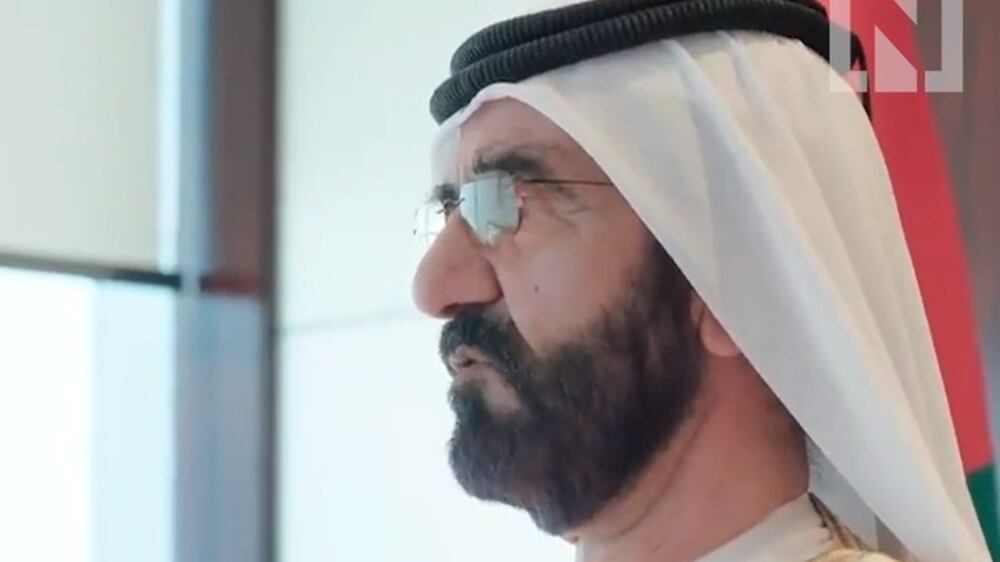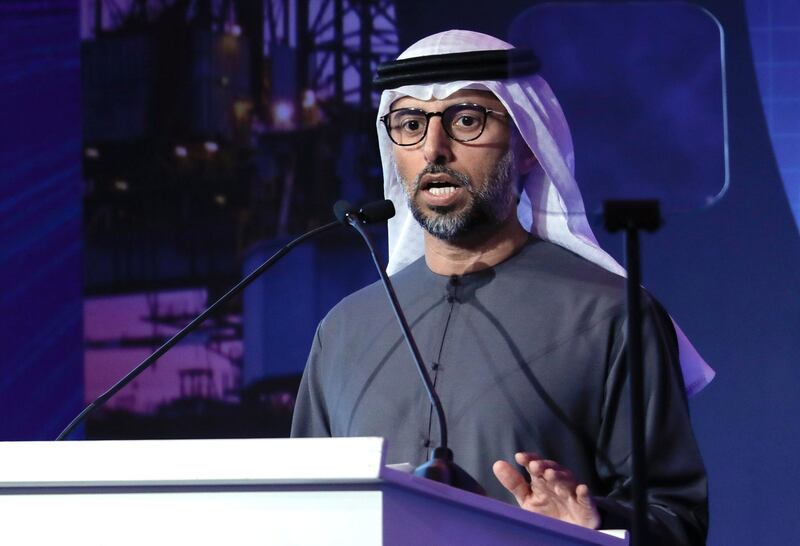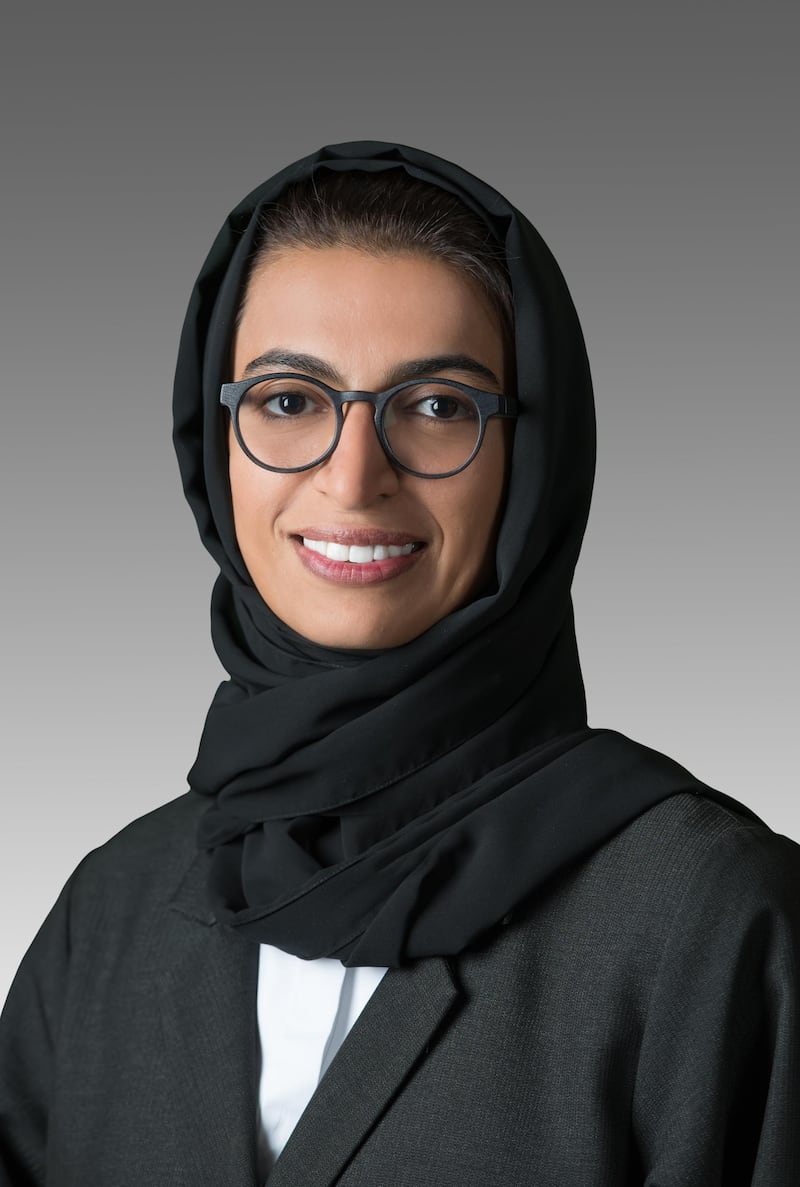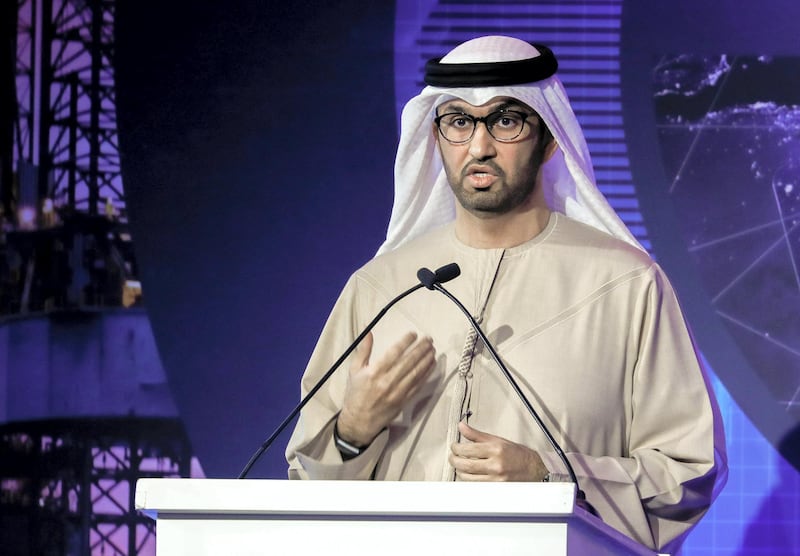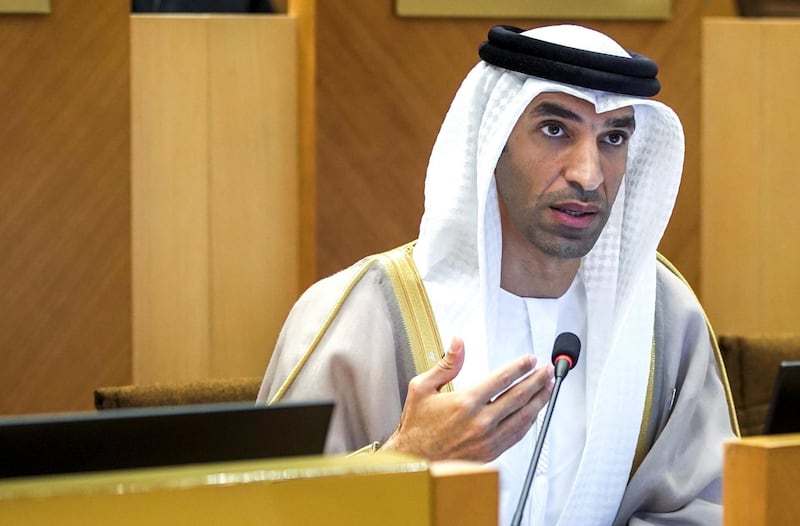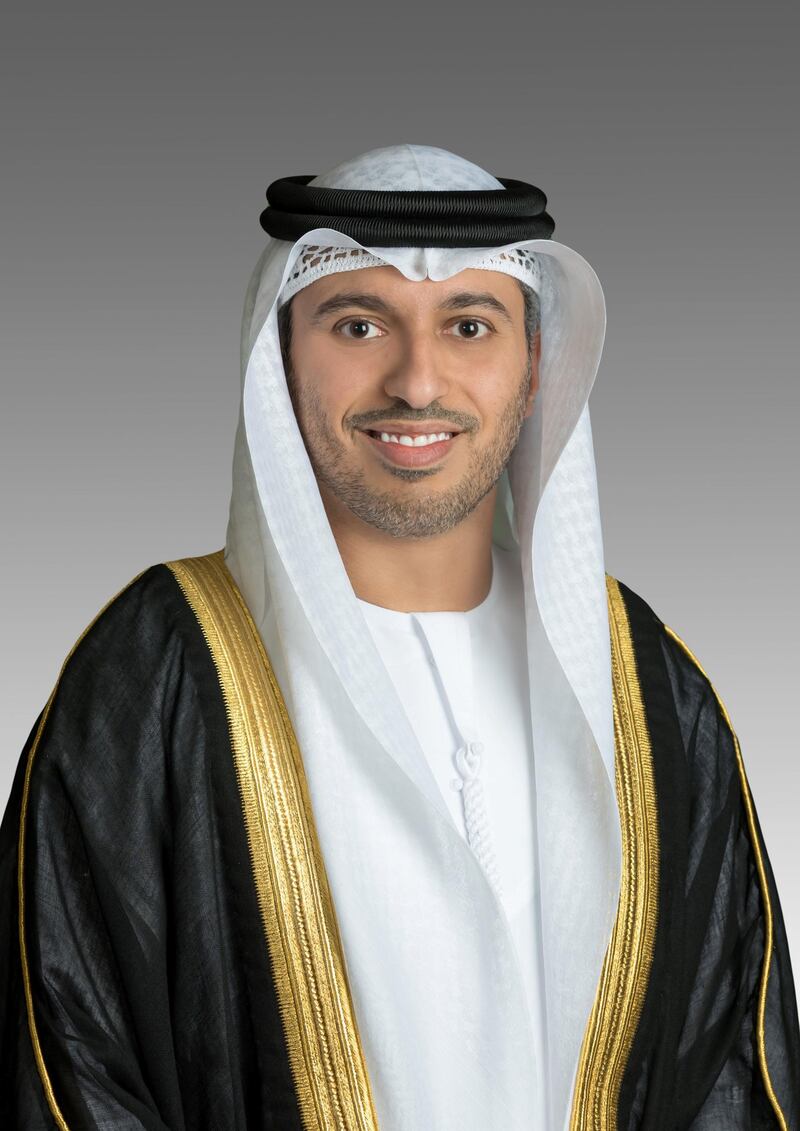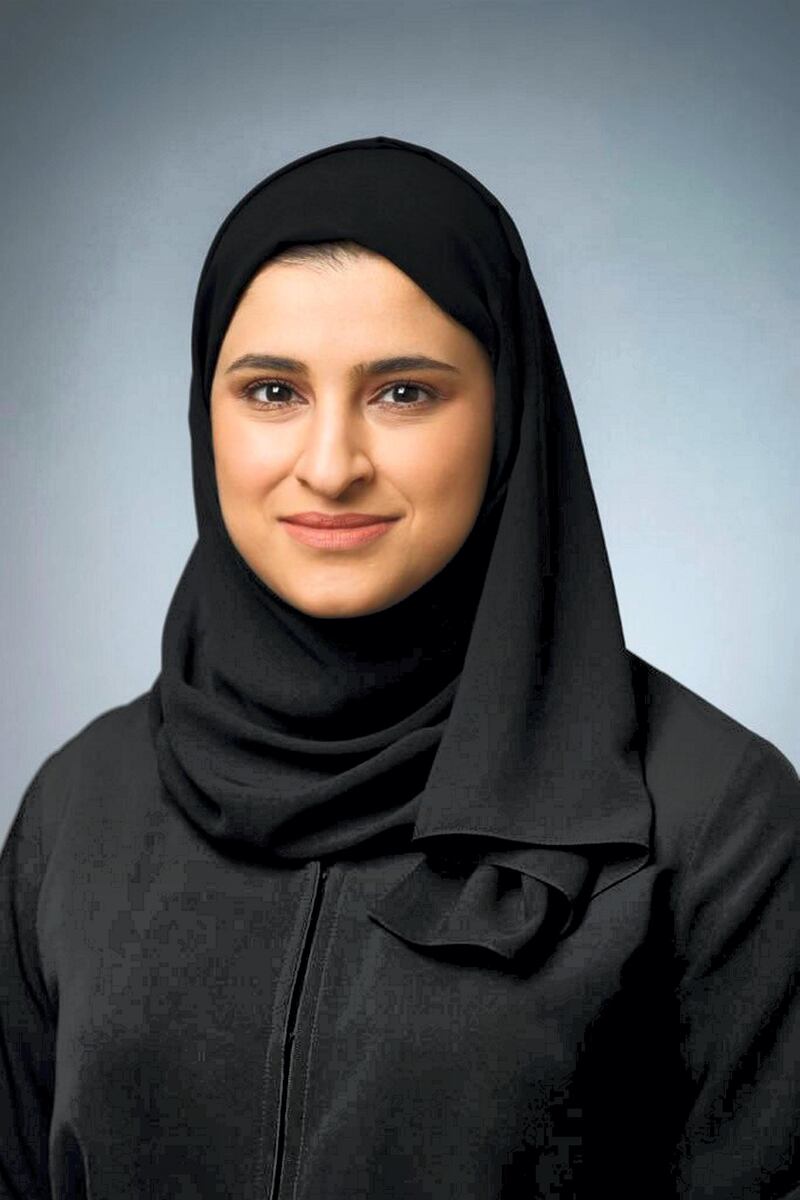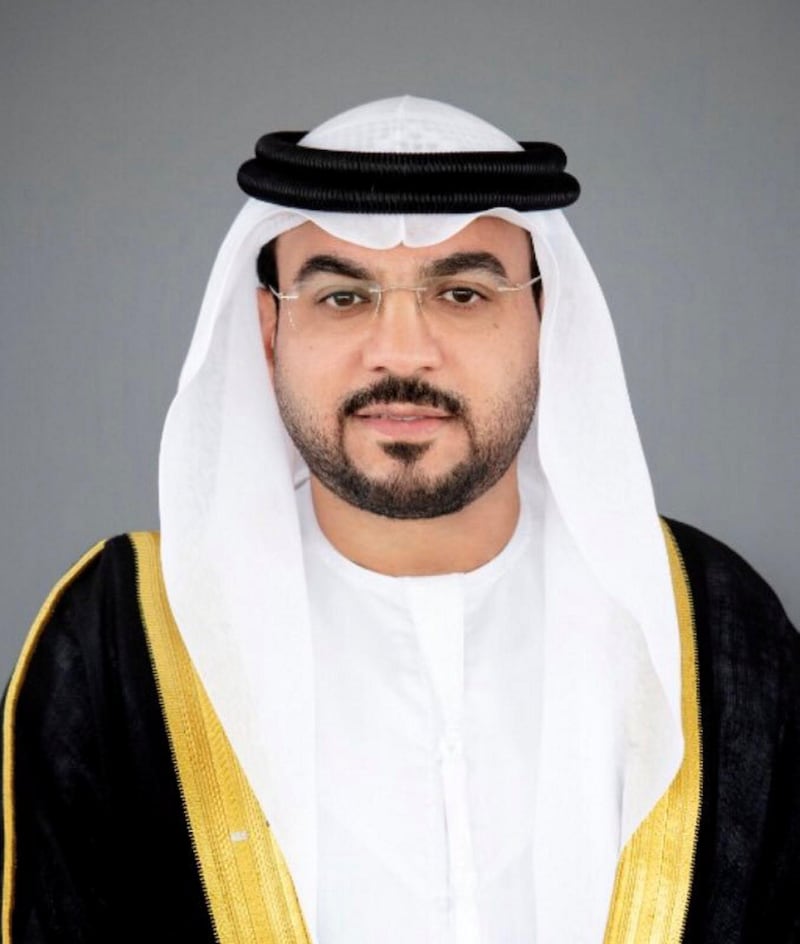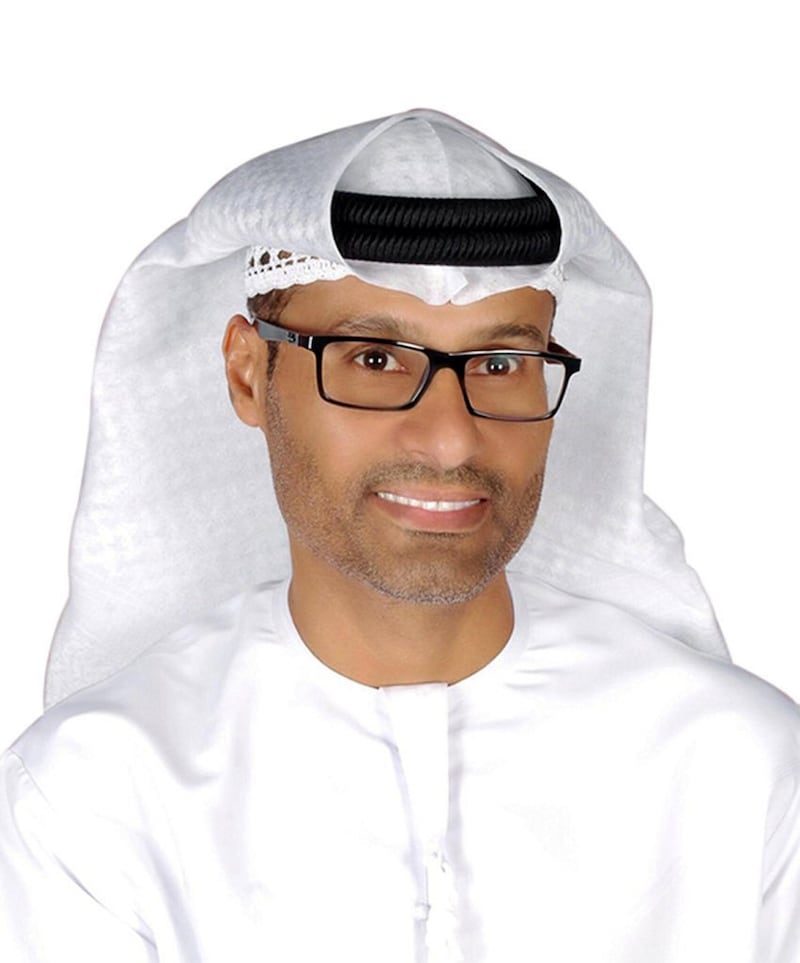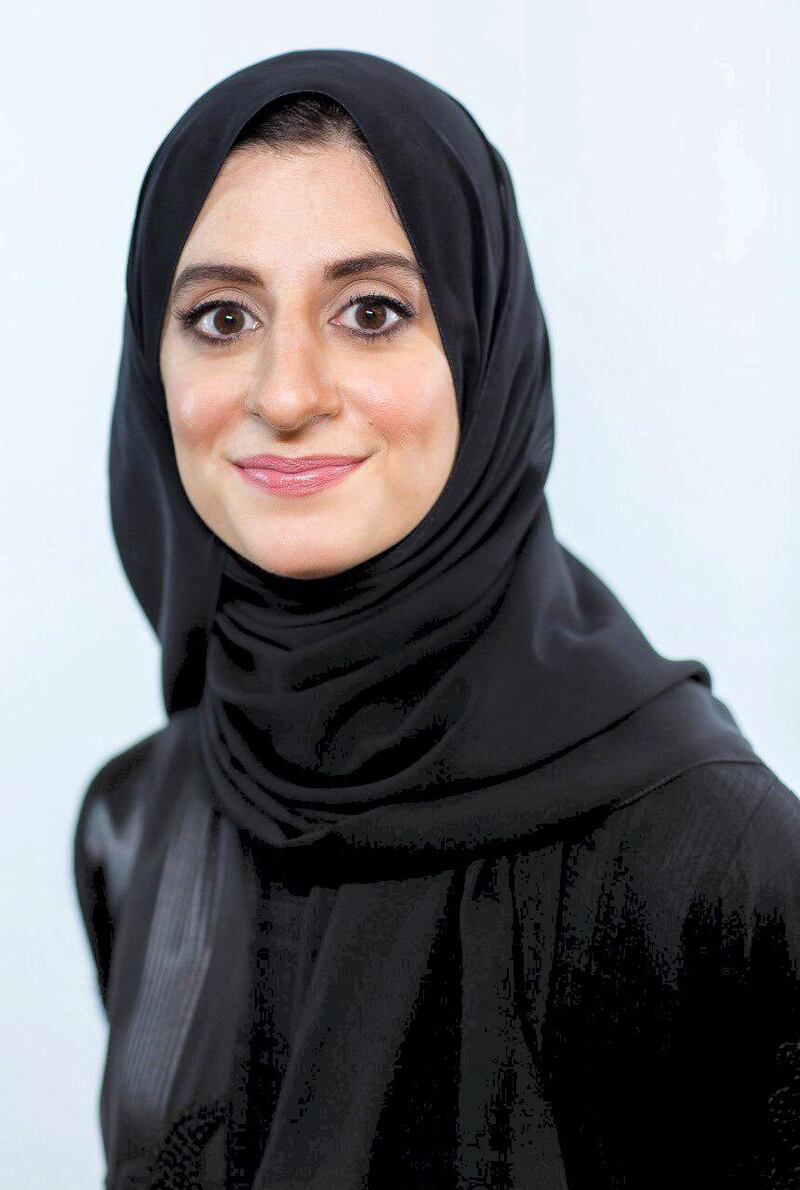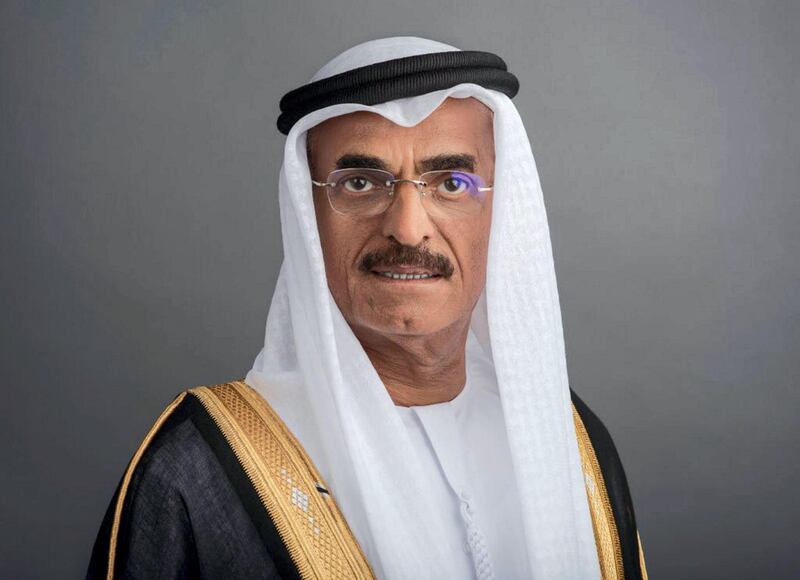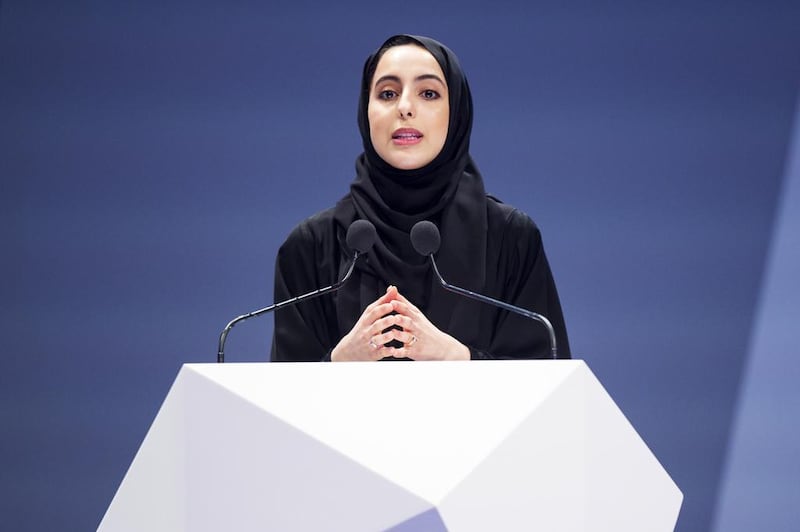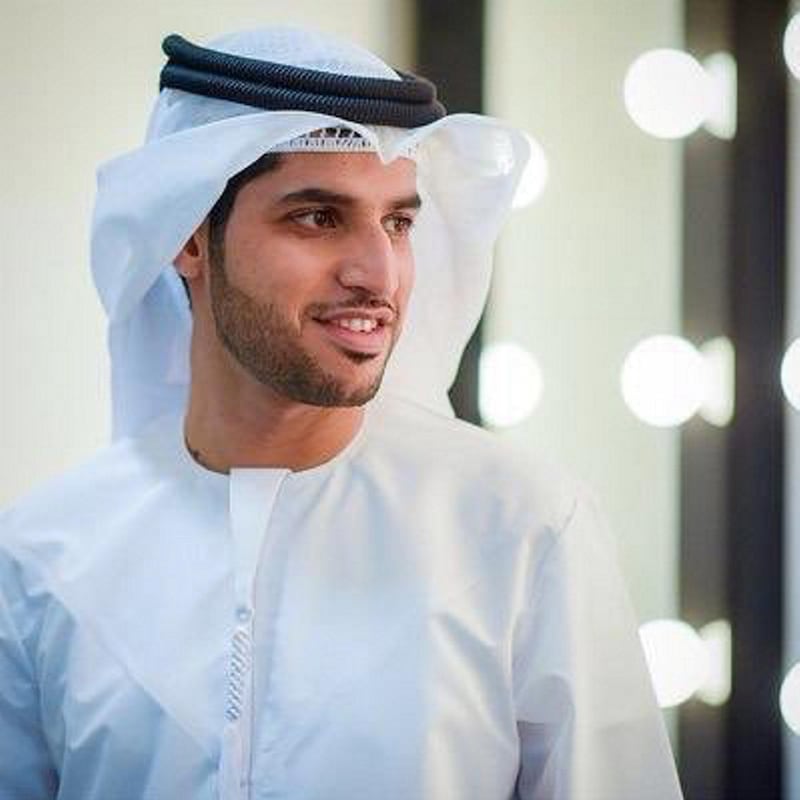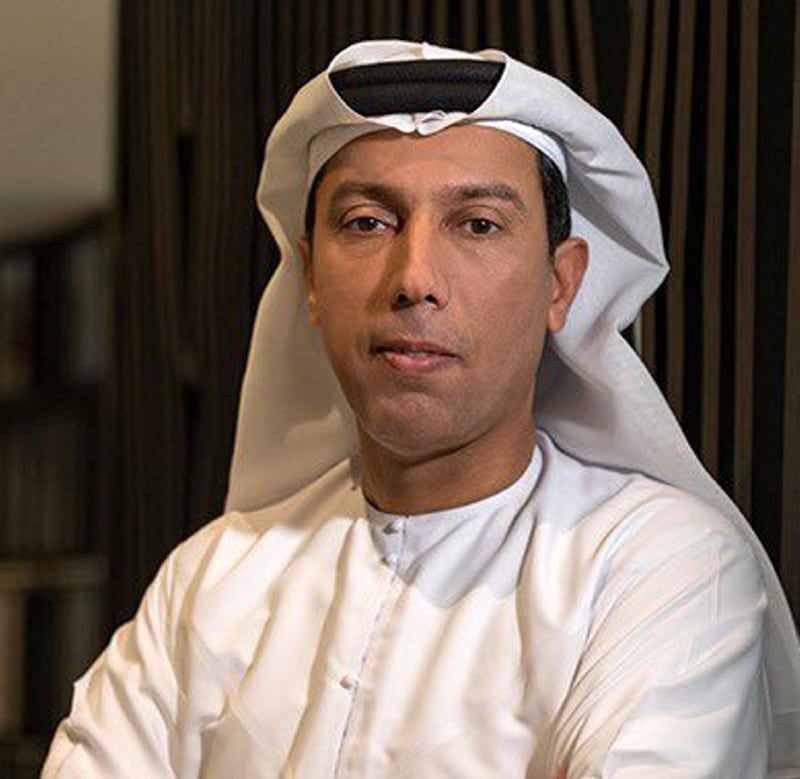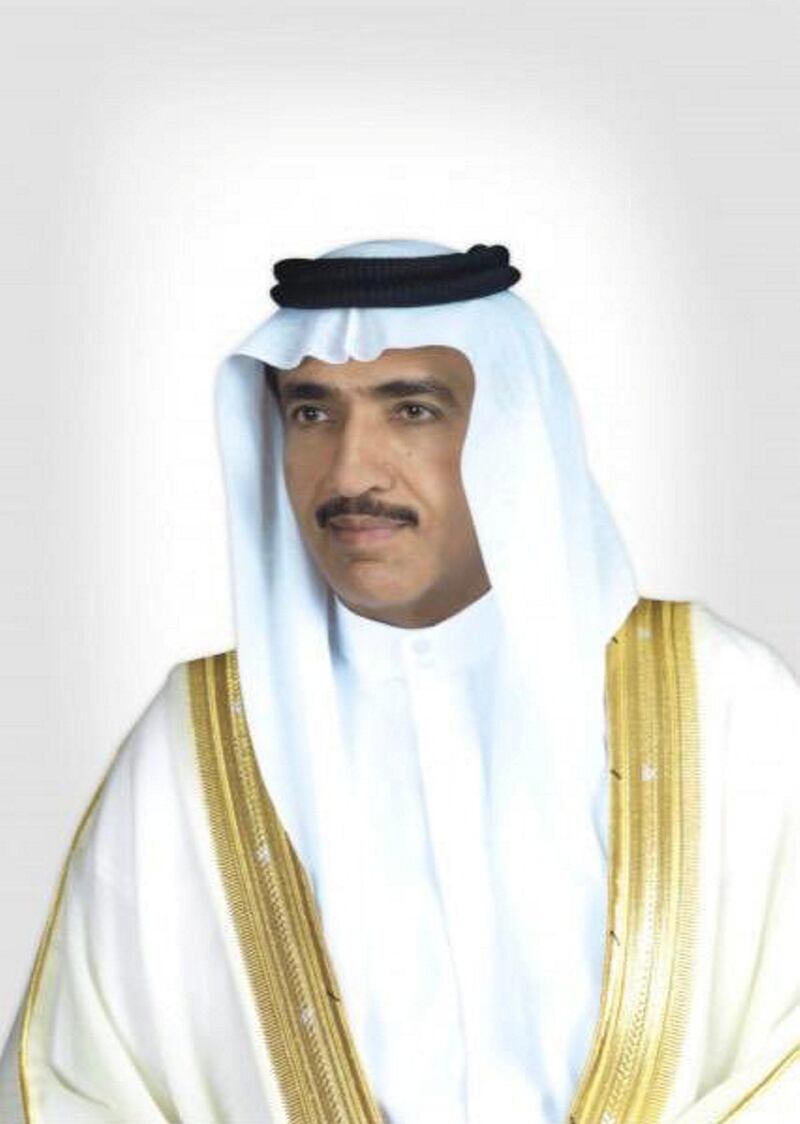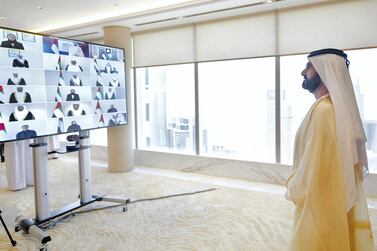A few cabinets around the world have been reshuffled in the wake of the coronavirus pandemic. But none had fundamentally restructured to harness the power of the new digital economy. None that was, until Sheikh Mohammed bin Rashid, Prime Minister and Ruler of Dubai, announced a new cabinet structure at the start of July.
It would be easy to view this move in the light of the havoc wreaked by Covid-19. Easy, but not right. This restructure is not simply attributable to the pandemic. Rather, it is the result of years of forward-planning and ingraining an agile, digital-first approach to governance.
I have lived and worked in the UAE for over 17 years now, first moving out here after a decade of working with the World Bank. I have seen this ability to adapt and adopt become a familiar trait of the Emirates’ continued success. Though the conditions and landscape have evolved, the ability to come through a crisis with a forward-looking strategy has remained a constant.
It is no coincidence that the UAE has been able to make big, effective changes to its workflow – ahead of many private sector organisations – in a matter of months, where other governments would have taken years: it was ready. You cannot become resilient overnight, a point which many struggling private sector companies can testify to right now. The UAE government has been able to respond swiftly and comprehensively to the challenges posed by Covid-19 because it has been implementing smart, e-measures for more than a decade.
Perhaps somewhat of an outlier for the region, the UAE is a technocratic government that values a meritocratic approach, empowering young leaders and women who have taken on the mantle of responsible governance with aplomb. With an average age of under 40, the UAE Cabinet is one of the youngest, as well as most technologically adept, in the Middle East. And at times of great disruption like we face now, digital-first is going to be crucial in moving with the times.
There is now a special focus on the new digital economy in the Cabinet and ministry mix – by having three ministers focusing on specific facets of economics and trade.
And as the pandemic demanded social distancing and an almost overnight WFH culture, a new portfolio under the Ministry of Digital Economy, Artificial Intelligence and Remote Work Applications, indicates that changes to the UAE’s working structure will not be a temporary measure, but part of an adapted longer-term strategy that keeps people healthy and productive.
One immediate bold move in this area will see the closure of half the extant government service centres, which will be converted into digital platforms within the next two years to improve efficiencies across the board.
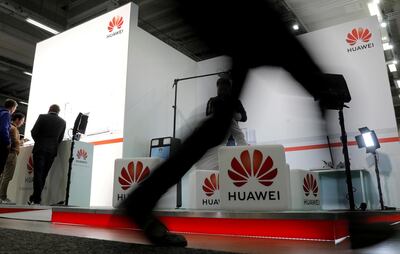
It sends out a reassuring message to all business and investment sectors that the UAE remains focused on pioneering ease of doing business in the region. It is part of the same philosophy that sees the UAE ranked first in the Arab region, and fourth globally in launching and deploying 5G networks, according to "The Connectivity Index" issued by Carphone Warehouse, which specialises in technology and connectivity comparisons.
These moves to grasp the new economic order as it arrives shows a government in tune with the outside world, knowing what the private sector needs to thrive in the new digital economy, and laying the foundations to provide it, from the top down.
These are changes, yes. But it is not a U-turn. The strategy remains the same: transitioning towards a knowledge-based economy supported by the underlying principle of innovation.
What happens at the top level of decision-making will filter down and seep into the fabric of the industries and organisations that will be key to accelerating the UAE’s and the region’s economic recovery. The message is clear – it is a digital world now, adjust or become obsolete. Big business must now follow the example set by the government.
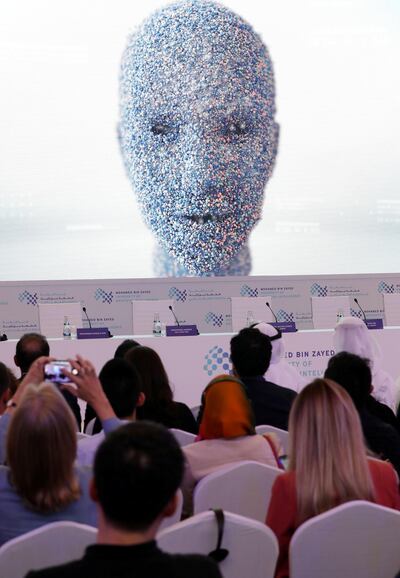
Take communications as an example. With over 90 per cent of all UAE residents active on social media, we are now digital-first, driven by a mix of young digital native professionals, or we are nowhere at all.
The point is further highlighted when we look at data from McKinsey, which shows that 44 per cent of companies have managed to reduce their operational costs and increase revenue by implementing AI and other cornerstone digital practices into their marketing work streams, during the pandemic.
Those who had the agility and digital infrastructure to deal with the "new world disorder", as The Economist has termed this year of great change, have emerged on the other side – changed, but emerged, and now ready to take on the new digital economy.
Mamoon Sbeih is president of APCO Worldwide Mena
